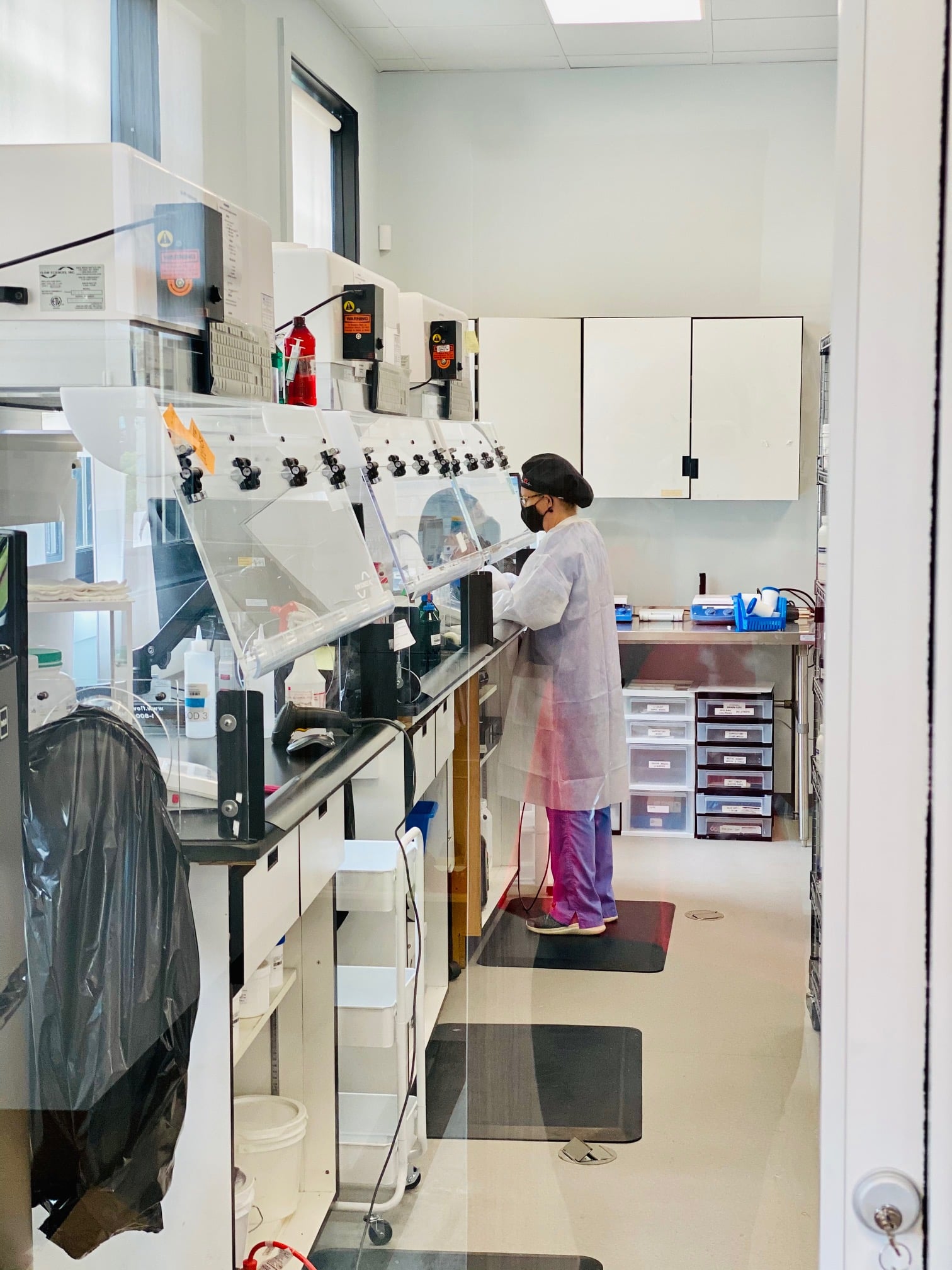Three threats that may impede patient access to compounded medications
If you prescribe compounded medications, you’ll want to be aware of current threats to patient access to those drugs. Here’s the skinny — and what you can do to push back against regulatory overreach, bad science, and general misinformation about compounded therapies.
Compounded hormones: The threat continues
The FDA has not yet taken steps to introduce restrictions, since announcing in 2020 that it would base its next steps on compounded hormones in part on a now-discredited report. The FDA commissioned this report from the National Academies of Science, Engineering, and Medicine (NASEM). But that doesn’t mean the threat has passed — not by a long shot.
One reason the agency may be slow-walking any action on compounded hormones may be the Campaign to Save Compounded Hormones, an initiative launched in 2020 by the Alliance for Pharmacy Compounding (APC).
The APC’s campaign, which has raised more than $2 million, has engaged patients, prescribers, and policymakers in urging the FDA to base any action on compounded hormones on rigorous scientific evidence and on abundant patient-reported outcomes data showing that compounded hormone therapies work for millions of patients. The campaign landing page is compounding.com.
A large majority of funding for the campaign has come from compounding pharmacists. But prescribers have much at stake in this effort too: the loss of access to go-to therapies for many of their patients.
The FDA has not yet acted, but it could at any time
As recently as last month, an FDA official indicated at an APC conference that any action FDA takes on compounded medications and hormones will be via the agency’s Pharmacy Compounding Advisory Committee (PCAC).
PCAC is a group that would, in essence, vote to recommend whether compounded hormones — some or all hormones, and some or all dosage forms — should be added to the Demonstrably Difficult to Compound List. This would restrict them from being compounded.

Never mind that compounded hormones, many of which have been compounded for a half century or more, are not particularly difficult to compound.
Most recently on Capitol Hill, the American College of Obstetricians and Gynecologists (ACOG) pushed back against a draft APC-supported letter from U.S. senators to the FDA about preserving access to compounded hormones. ACOG opposed the letter, citing an out-of-date opinion on the risks of compounded hormones. Clearly, that wasn’t helpful to the cause.
That means the need for continued — and additional — funding of APC’s campaign is essential. The FDA’s PCAC process will require that we present data in the form of research and validated patient-reported outcomes. Both of which require funding to collect and aggregate.
You can help support the Campaign to Save Compounded Hormones. Please urge your compounded hormone patients to share testimonials and send a message to their member of Congress at compounding.com.
New USP sterile compounding standards could raise costs, reduce patient access
For a standards-setting body that prides itself on science — on rooting the standards it promulgates on scientific evidence — the U.S. Pharmacopeia’s new restrictions on batch sizes and beyond-use dates for sterile compounding are a head-scratcher.
In particular, USP’s new Chapter <797> on sterile compounding, which becomes effective November 1st, 2023, limits the batch size a compounding pharmacy may produce to 250 units. This number is based on no substantial evidence. Those restrictions enhance patient safety by reducing the risk of contamination. It matters more than you may think.
In fact, the batch size restriction may actually serve to increase contamination. By reducing the batch size from 750 to 250 units in the new chapter, compounders will now need to prepare multiple batches instead of one, increasing the number of trips into the cleanroom and thus potentially increasing contamination risk.
Moreover, limiting batch size — which will require more batches — increases the quantity of consumables used in the compounding lab. This will ultimately result in higher costs for patients. Additionally, shorter BUDs will mean that patients must get refills more frequently, introducing not merely inconvenience to the equation but the increased risk that a patient may not remain adherent to their physician-prescribed therapy.
APC seeks a dialogue with USP about additional steps compounders might take to increase allowable batch size if it can be proven that those steps can limit contamination risk.

Semaglutide lawsuits: An assault on shortage-drug compounding
Novo Nordisk, the manufacturer of Wegovy® and Ozempic®, recently filed lawsuits against four compounding pharmacies — three in Florida and one in Nashville — that compounded semaglutide (the active pharmaceutical ingredient in those drugs).
In those suits, the word “compounding” is notably absent from the legal briefs submitted to the courts. Instead, Novo appears to challenge the ability of compounding pharmacists to prepare drugs that are not FDA-approved. They allege that the pharmacies are not only creating “unauthorized new drugs” but are engaging in unfair competition and deceptive practices that Novo says jeopardize public health.
It’s quite an accusation. Compounding is authorized in federal law and in all 50 states — as is compounding “essentially a copy” of an FDA-approved drug when that drug appears as “currently in shortage” on FDA’s drug shortage list — as semaglutide has since March 2022.
That guidance makes no distinction for a patented drug. Some argue that if Congress or FDA had intended there to be an exception for patented drugs, the guidance would have stated that.
Yet such an exception for patented drugs would contradict the very reason the law allows compounding of FDA-approved drugs in shortage in the first place. This was to assure that patients can continue to access needed and often essential medications, even when the manufacturer cannot maintain its supply chain.
To suggest that compounding pharmacies are creating unauthorized drugs and therefore should be proscribed from doing so has implications well beyond semaglutide. If the state courts grant an injunction or otherwise rule in Novo’s favor in the cases against compounding pharmacies, every single drug on the market that has never been approved by the FDA (and there are scores of them) may be subject to a ban for Floridians and Tennesseans — and not just all compounded medications.
The Alliance for Pharmacy Compounding plans to submit amicus briefs in the four cases. Not to defend semaglutide compounding per se, but to educate the court on the proper role of pharmacy compounding when an FDA-approved drug is on the shortage list.
Read APC’s statement on shortage drug compounding and semaglutide
What we can do for compounded medications
The Alliance for Pharmacy Compounding is the voice for pharmacy compounding, representing more than 600 compounding small businesses. This includes compounding pharmacists and technicians in both 503A and 503B settings — as well as prescribers, educators, researchers, and suppliers. To learn more about APC or to join, go to a4pc.org.
To find out more about compounded medications and how our services may help you, get in touch with us today.

